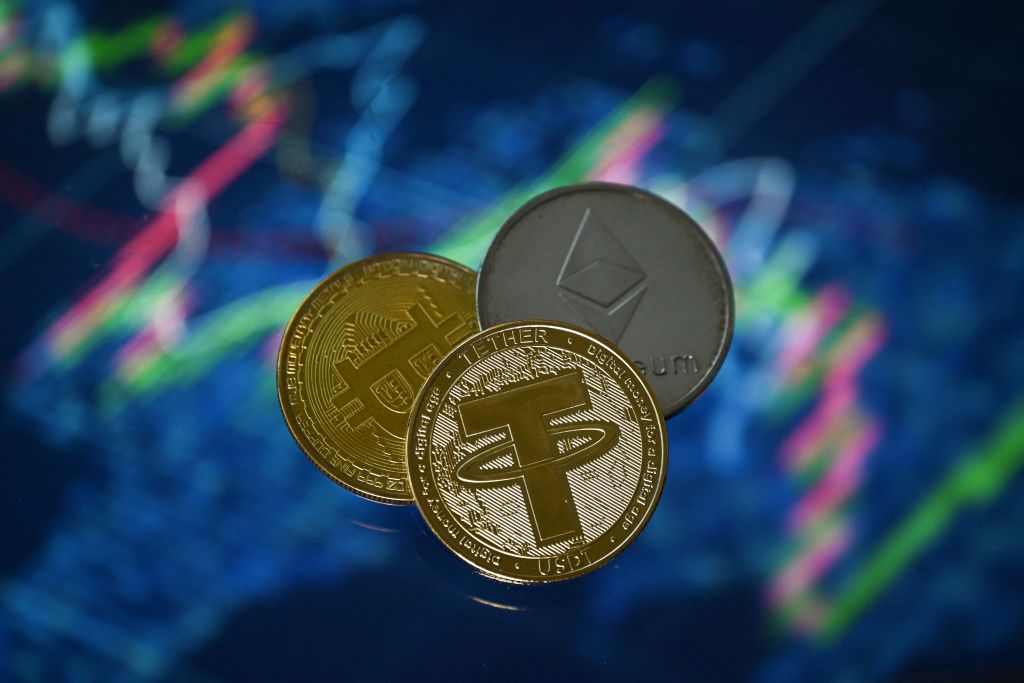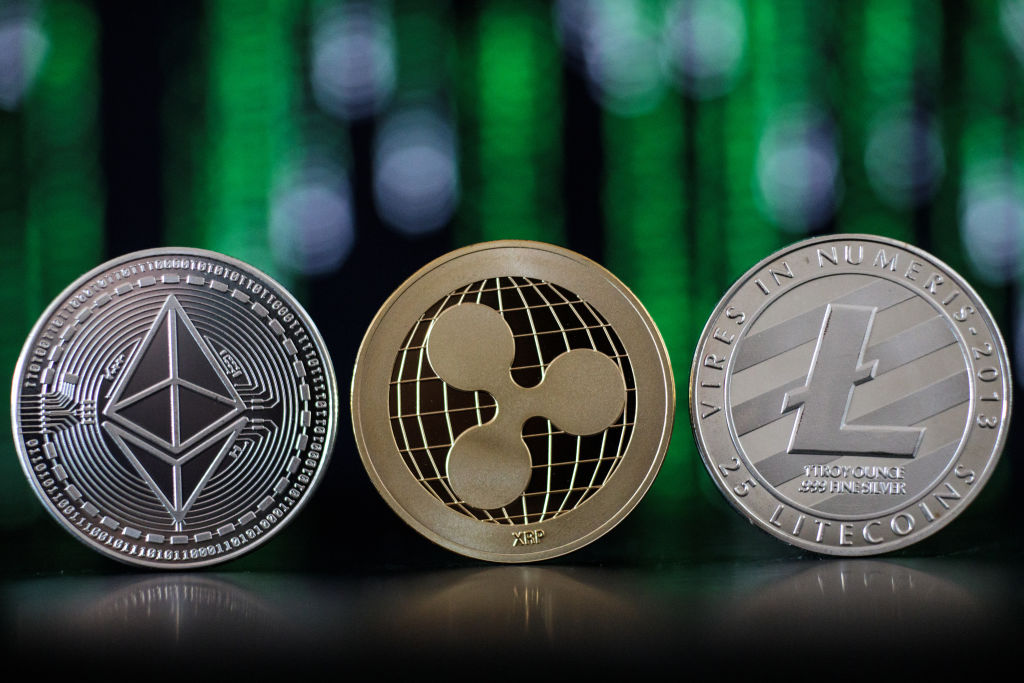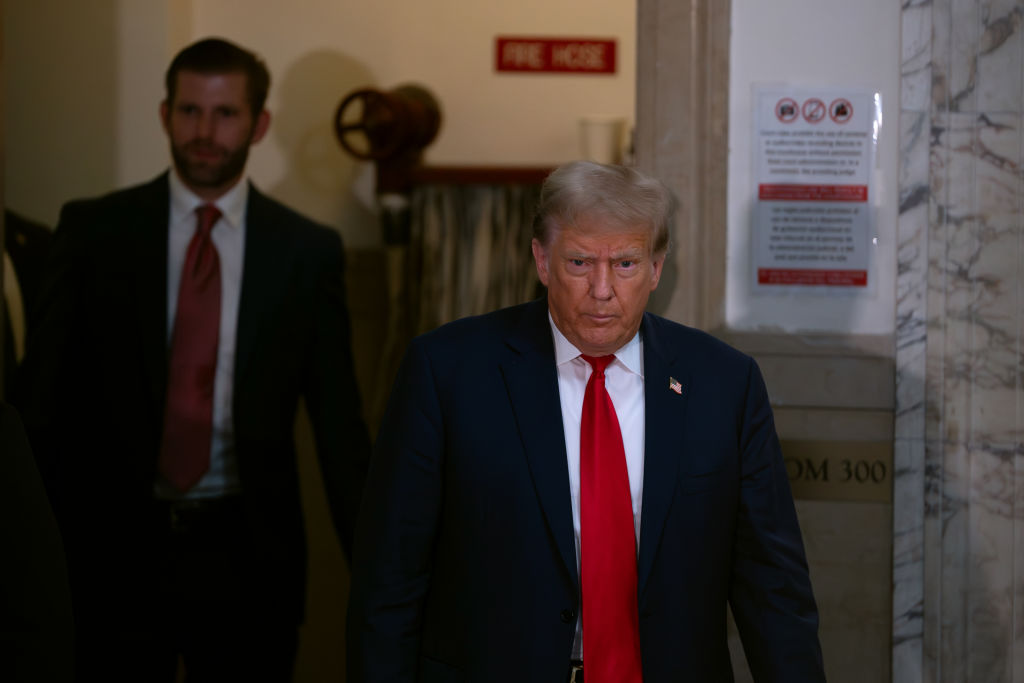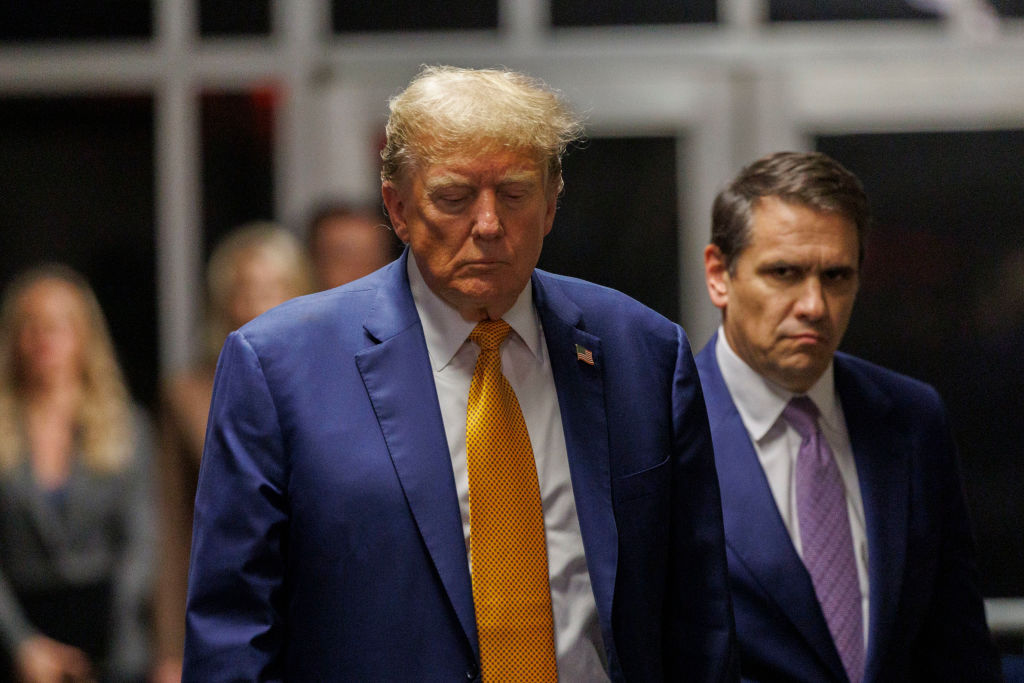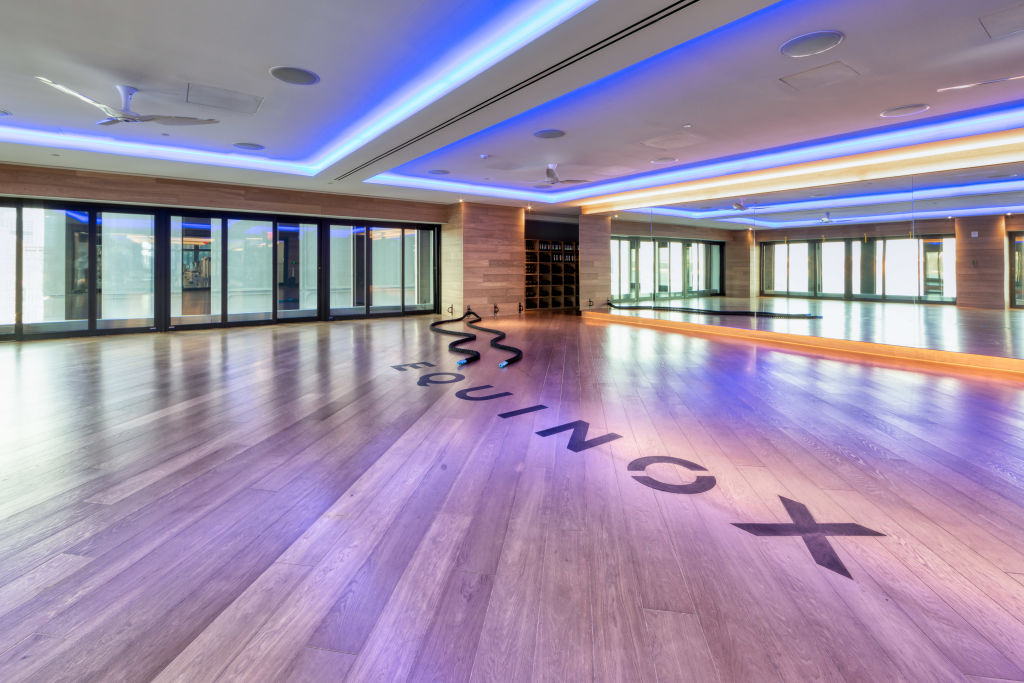US Funds Shift Focus Away from China, Offloading Alibaba, Apple
Major U.S. funds are taking a more defensive stance in the face of uncertainty in the second-largest economy in the world by cutting holdings that expose them to China and concentrating more on American technology companies.
Since August, when financial concerns at China Evergrande Group and other top real estate developers increased, worries about a potential recession in the Chinese economy have intensified.
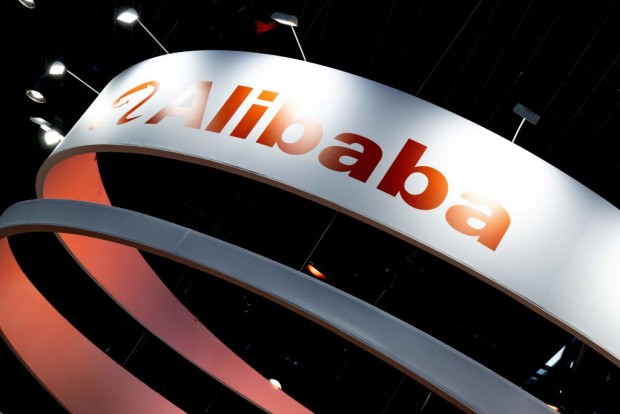
Major U.S. funds are taking a more defensive stance in the face of uncertainty in the second-largest economy in the world by cutting holdings that expose them to China and concentrating more on American technology companies.
As of the end of September, the Nasdaq Golden Dragon China Index, which measures stocks of Chinese firms with U.S. listings, had fallen 15 percent from its latest top, which was reached at the end of July.
Under David Tepper's leadership, Appaloosa reduced its holdings in American depositary receipts in Baidu, an online search service, by 48% between the end of June and the end of September.
Additionally, it has decreased American depositary share holdings by 20 percent and 11 percent, respectively, in the e-retailers Alibaba Group Holding and ADR holdings in JD.com.
Approximately half of Tiger Global Management's ADRs in JD.com and ADS interests in online recruiting services company Kanzhun were divested.
About 70 percent of Soros Fund Management's call options on PDD Holdings, an e-commerce business, were sold.
As of the end of September, the numbers are based on the most recent Form 13F stock disclosure reports. Each quarter, investors with assets in the United States worth at least $100 million are required to submit this form to the Securities and Exchange Commission.
Read also: Japan's Economy Shrinks for the 3rd Quarter This Year as Exports Plummet
Hedge Funds Shift Focus to Top US IT Firms, Varied Strategies Emerge
Rather, hedge funds are placing bets on top US IT firms. As of the end of September, Third Point had acquired 1.1 million shares of Facebook's parent company, Meta Platforms. It gained 46 percent more standing on Microsoft and 14% more on Amazon.com.
The amount of Alphabet shares that Pershing Square Capital Management owns has increased dramatically.
However, not every tech stock seems to be as appealing as another. Appaloosa increased its stakes in other companies, like Amazon, but sold all 480,000 shares it owned in Apple. Soros purchased more put options than actual Apple stock, suggesting that it believes the company's price would decline.
Investments connected to semiconductors increased. Tiger Global bought 300,000 shares of Arm Holdings, which went public in September, and increased its stake in Nvidia by 77 percent.
The largest hedge fund in the world, Bridgewater Associates, was created by Ray Dalio, who also invested in Nvidia stock.
Since the beginning of the year, Nvidia's price has nearly quadrupled due to a surge in chip-related equities. By the end of September, Soros had sold all 10,000 of the Nvidia shares that he had held as of the end of June, ostensibly in order to lock in profits.
Concurrently, Warren Buffett's Berkshire Hathaway made an investment in the Atlanta Braves professional baseball team's holding company and sold its holdings in Activision Blizzard, Chevron, and General Motors.
There are bettors who are taking the opposite side.
Related article: Inflation Eases as Supply Chains Smooth, Workforce Expands and Housing Market Cools

